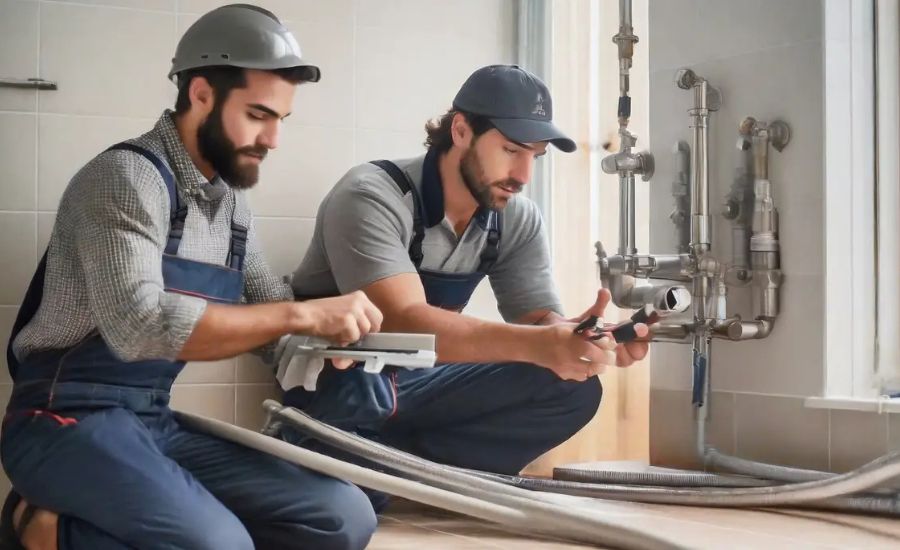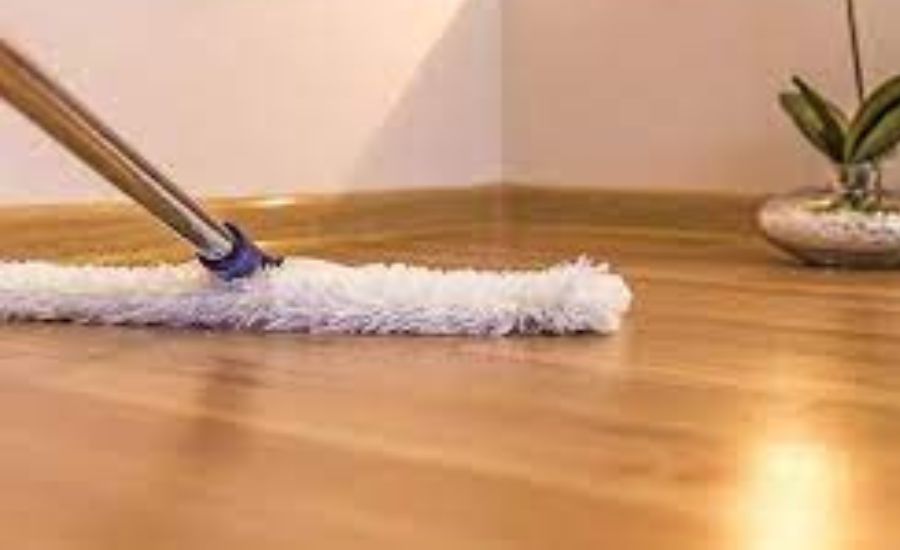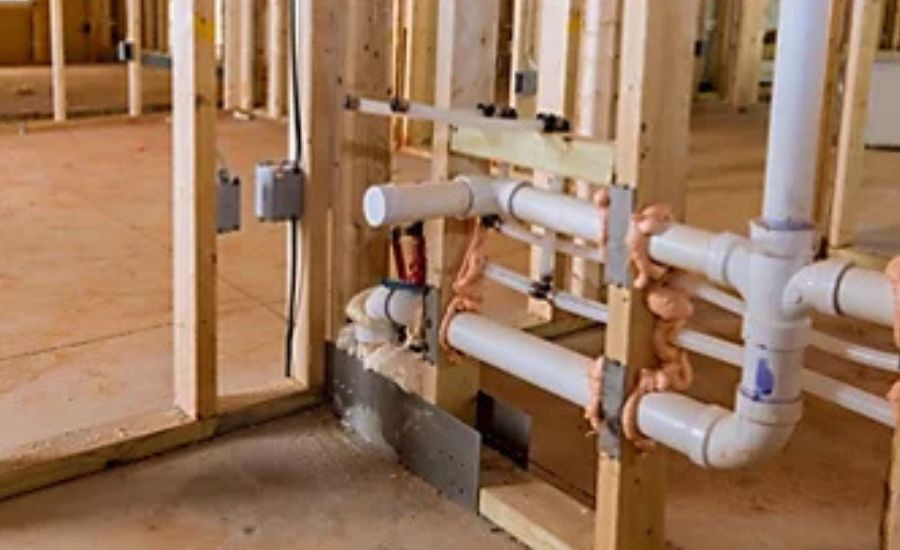Preparing your plumbing for seasonal changes in Maryville with Maryville plumbers from Tennessee Standard Plumbing and Drain keeps it functioning well throughout the year. Temperature changes can cause pipes to expand, contract, or freeze, leading to cracks. You can save money by insulating pipes and checking for leaks. Additionally, draining outdoor faucets and inspecting your water heater can prevent damage. Taking these steps will help maintain your plumbing and avoid major problems as the seasons change.
Understanding Seasonal Effects on Plumbing
Seasonal changes are stressful for plumbing, such that freezing temperatures cause pipes to burst, and summer heat causes septic systems to malfunction. Preventive inspections may avoid costly repairs.
Insulating pipes in winter prevents bursts, while summer may bring water restrictions. Spring storms can overwhelm drainage, causing leaks and clogs. Homeowners should watch for signs like slow drains or unusual noises to catch problems early.
Regular maintenance and awareness are crucial. Winterizing pipes and being cautious during droughts can protect plumbing. For assistance, it’s smart to consult professionals like Bracken Plumbing.
Preparing Plumbing for Winter
Exposing pipes when the temperature decreases can freeze the pipes and might cause them to burst. Insulate exposed pipes so that they do not freeze at low temperatures. Outdoor faucets and sprinkler systems should also be drained before the winter season to avoid cost damage. Help protect your pipes by keeping a steady thermostat home warm.
1. Insulate Pipes to Prevent Freezing
Insulate the pipes with foam. This is important in nonheated parts of your home such as a basement, crawl spaces, and external walls. Available at hardware stores. In more extreme areas you might want to also include heat tape as an added extra measure. Protect all exposed pipes from freezing through insulation.
2. Fix Leaks and Cracks Before Winter
Leakage on service lines should be addressed before the cold seasons to prevent more serious damage. Leaks and cracks on pipes, especially in the basement and below kitchen sinks, should be checked. If there’s a probable leakage, call the experts to find it. Early fixing of such problems prevents significant water damage and breaking of pipes.
3. Maintain Indoor Heat Levels Consistently
You should maintain your house constant at a temperature above 55 degrees, more so in areas where plumbing is placed to avoid frozen pipes. A smart thermostat will enable you to do this much better.
4. Drain Outdoor Faucets and Hoses
To prevent water damage due to freezing during winter, hose owners should take their hoses indoors while outdoor faucets should be insulated.
5. Winterize Sprinkler Systems Effectively
To avoid winter plumbing issues, blow out sprinkler lines with compressed air to prevent water from freezing. Before winter, turn off the water supply to your irrigation system and inspect it for any damage during seasonal maintenance.
Transitioning Plumbing for Spring
As spring moves into Maryville, inspect your plumbing for winter damage. Some of the worst winter damage that plumbing can cause is broken pipes and leaks. Winterize outdoor faucets and irrigation systems, and check hoses for any wear or cracks. Finally, think about flushing out your water heater to remove sediment and make it run more efficiently in the warmer months.
Check for Thaw Damage in Pipes
Winter’s cold can damage your plumbing, so it’s important to check for issues as the seasons change. Inspect under sinks, and also in unheated areas, such as crawl spaces, for cracks or leaks. Check the wall or ceiling for water stains that can indicate a hidden problem. Measuring your water flow and pressure can help identify some problems. For example, a hose left on during fall can freeze and split, resulting in leaks inside the walls or ceilings. Being proactive can save you from repairing costly damages down the road.
Inspect for Leaks and Weak Spots
Inspecting fixtures every six months helps catch leaks or weaknesses early, avoiding expensive repairs. Pay special attention to basements and areas prone to freezing, as they often suffer damage in winter. If leaks are hard to find, hire specialists with advanced technology. Always check a plumber’s licensing and insurance to ensure quality. This proactive approach is key for fixing current issues and preparing for future ones.
Test Sump Pump for Proper Functionality
Sump pumps are crucial for stopping basement flooding in spring. After winter, test your pump by adding water to the pit and cleaning it for optimal performance. Also, check the float switch to ensure it works correctly. These steps help prevent water damage during heavy rains.
Clear Outdoor Drains and Gutters
Ice and snow can easily clog outdoor drains and gutters in the winter, which may cause drainage problems or even flooding. Remove leaves and debris regularly, inspect downspouts for blockages, and make sure they carry water away from your foundation. Inspect your irrigation systems, too, for any winter damage. Some maintenance now will prepare your outdoor spaces for spring.
Managing Summer Plumbing Challenges
Summer demands include running sprinklers for kids and washing laundry from camps, which can raise the usage of water by a significant amount. Families can save water by installing low-flow fixtures, turning off the tap to allow easier brush cleaning, and filling the dishwasher before running. Keeping track of the water meter reading and checking for any odd increase may help families find plumbing issues.
Prepare for Increased Water Usage
Summer demands include running sprinklers for kids and washing laundry from camps, which can raise the usage of water by a significant amount. Families can save water by installing low-flow fixtures, turning off the tap to allow easier brush cleaning, and filling the dishwasher before running. Keeping track of the water meter reading and checking for any odd increase may help families find plumbing issues.
Check for Leaks and Drips Regularly
Small leaks can waste thousands of gallons of water daily. For example, a leaky faucet wastes over five gallons a day. Owners should regularly check sinks, toilets, and under-sink connections for leaks. Catching minor issues early on may prevent costly repairs later. Maintaining a repair log can also help keep track of ongoing problems.
Monitor Water Pressure Consistently
High water pressure can strain pipes, especially in summer when water expands. Keep your home’s water pressure between 40–60 psi using a pressure gauge. If problems continue, call a plumber to prevent expensive damage.
Inspect Outdoor Plumbing Fixtures
Outdoor faucets and hoses are some of the main summer plumbing fixtures that most people do not pay attention to. Watewastees through leaky faucets can lead to soil erosion. Corrosion can be avoided if cleaning and checking are regularly performed. During cooler mornings and evenings, plants tend to absorb water more.
Getting Ready for Fall Plumbing Needs
As the weather begins to drop in Maryville, check your plumbing. Check exposed pipes that might freeze, drain, and store any outdoor hoses, and clear your gutters to prevent water from collecting that will cause pipes to freeze and potentially burst. Lastly, have a professional check your plumbing to catch leaky faucets and other faults before winter hits.
Assess Summer Wear and Tear on Pipes
After a summer of heavy water use, check your pipes for damage. Extreme heat can lead to cracks and leaks, especially in older plumbing that might show rust or peeling. Watching for these issues helps with planning and budgeting. Many leaks can be fixed by tightening connections or replacing old washers. Taking care of these problems now can prevent serious water damage during fall storms.
Conduct a Pre-Winter Maintenance Checkup
Inspect the house plumbing for prevention of winter damage. Inspect unheated basements and exterior walls for proper insulation. Drathe in water heater sediment by flushing the device, then raise the temperature to 120°F. Keep watch for fluctuations in home water pressure for early detection of a possible problem.
Clear Yard Debris Around Plumbing Fixtures
Don’t overlook outdoor plumbing fixtures. Leaves and dirt can block spigots and pipes, causing flooding. Remove weeds and debris, and inspect drains, gutters, and trenches for clogs to ensure water flows away from your home. Good drainage helps prevent frozen puddles and standing water in winter.
Inspect and Repair Outdoor Faucets
Check outdoor faucets for leaks and damage to avoid freezing issues. Fix or replace any that are faulty. Before the first frost, disconnect and drain outdoor hoses to protect both them and your plumbing. Turn off the water supply to winterize all outdoor plumbing and prevent expensive repairs.
Getting Your Plumbing Ready for Maryville’s Seasonal Shifts
Seasonal changes in Maryville can impact plumbing, but taking proactive steps can help. Insulating pipes in winter and clearing storm drains in fall can prevent costly problems. Regular maintenance keeps plumbing running well and your home comfortable. If serious issues arise, hiring a professional early can save time and avoid bigger problems. Expert help ensures long-term reliability. Being aware of seasonal plumbing needs protects your home and offers peace of mind throughout the year.
Tennessee Standard Plumbing and Drain
392 High St, Maryville, TN 37804
+18654338509





